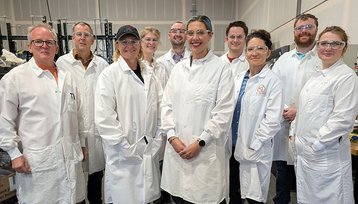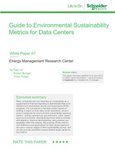Endolith, a company specializing in mineral extraction, says it can increase copper harvest yields by 10 percent by adding microbes to the process.
Copper is usually extracted through hydrometallurgy which involves pouring acid onto rock thus stripping the copper out. Endolith adds microbes to the process, which it claims can boost copper production.
Liz Dennett, the founder and CEO of Endolith told TechCrunch that they can "conservatively" get around 10 percent more copper by doing this.
Copper, as a strong conductor of electricity, is important for the energy transition away from fossil fuels. The International Energy Agency currently expects supplies to fall around 20 percent short of demand.
Copper's value is further demonstrated by the frequency with which it is stolen - a problem that is experienced worldwide by telcos that see their cables targeted. In July 2024, five men were sentenced to 10 years in prison for stealing solar batteries and copper cables in the Northern Cape in South Africa.
According to Endolith's Dennett, around one percent of rocks at a copper mine contain copper, and only half of that is typically retrieved.
Endolith studies the conditions within the mine's rocks, taking samples and adding microbes to see which are the most effective. It then takes those demonstrated to be effective and places them in stressful conditions such as high arsenic or salt water to create microbes ideally prepared for the task - or as Dennett described them to TechCrunch, into "Olympic-caliber athletes."
Dennett was previously CTO of Cemvita, a company that uses microbes to make valuable materials out of waste. Cemvita spun out Endolith in 2023, and has raised $5.13m in an oversubscribed seed round led by Collaborative Fund and Overture, with participation from Grok Ventures, Nomadic Venture Partners, and Nucleus Capital.
In October 2023, Endolith received a $1.1m grant from the US Department of Energy.
While copper is seeing strong demand in the efforts to move towards green energy sources, its previous role with telcos for network connectivity is being phased out. Carriers across the world have been outlining plans to move away from aging copper networks to faster and more efficient fiber cables.
In 2023, Spain's Telefónica committed to switching off its copper network in 2024 - though missed this deadline, while Telenor Norge confirmed the total switch-off of its copper network that January. New Zealand's Chorus also announced plans to become all-fiber in the next 10 years, and in September 2023 BT stopped selling copper lines on its Openreach network in the UK.







